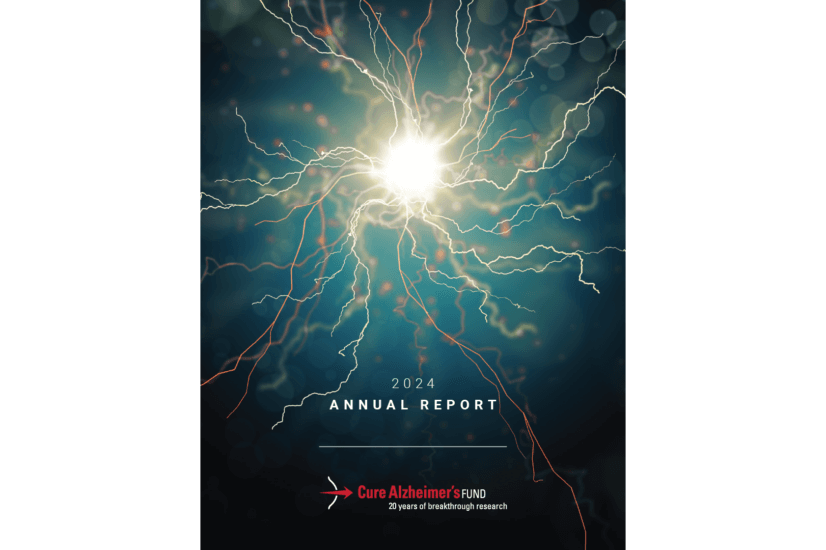FERROPTOSIS, A PRIMITIVE DEFENSE AGAINST MICROBIAL INVASION, IN ALZHEIMER’S DISEASE
Ashley I. Bush, MD PhD
Professor of Neuroscience, The Florey Institute of Neuroscience & Mental Health, The University of Melbourne, Australia
While Alzheimer’s disease is well known for its proteinopathy, there is considerable uncertainty as to the mode of neurodegeneration that causes profound cortical atrophy in affected cases. Considerable evidence from biomarker and imaging studies as well analysis of post-mortem brain tissue has indicated that the burden of cortical iron adversely impacts on the natural history of cognitive decline in AD. Elevated iron renders neurons more vulnerable to ferroptosis, a regulated cell death pathway used as a defense against malignancy and infection. Recently, we have found that presenilins function to prevent ferroptosis and that familial AD mutations of presenilins are a loss of function in this regard. Additionally, apolipoprotein E emerges as the most potent inhibitor of ferroptosis yet described. These findings recast the genetic risks for AD in terms of their impact on the recrudescence of a primordial defense mechanism that becomes inappropriately activated by the rise in cortical iron that is a stochastic, needless but universal feature of aging.
Meeting URL: https://partners.zoom.us/j/2982714677?pwd=eXEGtzenRjZllaREVuVFUvK1cvdz09&from=addon
Meeting ID: 298 271 4677
Passcode: 6845







